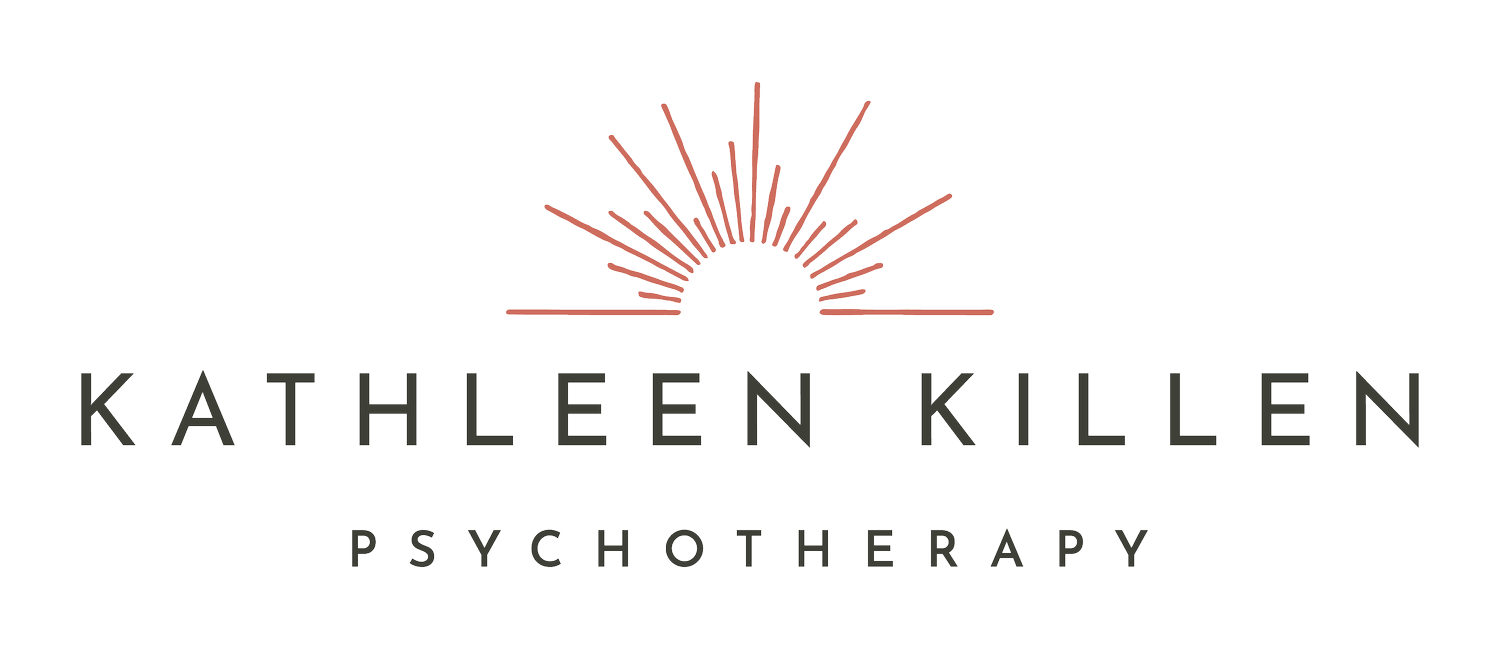The Power of Active Listening in Relationships
In the hustle and bustle of daily life, it’s easy to hear our partners without truly listening to them. But active listening is more than just letting words wash over us—it’s a powerful tool that can deepen connection and strengthen relationships.
What Listening Is Not
Let’s start by addressing what listening isn’t. Often, when our partner is speaking, we’re already crafting our response in our heads. We might be planning our defence, coming up with advice, or even thinking about how to steer the conversation in a different direction. This type of listening isn’t really listening at all. It’s more about waiting for your turn to talk than it is about understanding your partner’s experience.
Another common pitfall is selective listening, where we tune in only to the parts of the conversation that align with our own thoughts or feelings. We might be quick to jump to conclusions or assume we already know what our partner will say. This shuts down the conversation and sends a message that we’re not truly interested in our partner’s perspective.
What Active Listening Looks Like
Active listening is a different approach entirely. It’s about being fully present in the conversation with the intent to understand rather than to respond. This means setting aside distractions, whether they’re external (like your phone) or internal (like your own thoughts), and focusing entirely on your partner.
When you actively listen, you’re not just hearing the words—they’re saying, you’re paying attention to the emotions and intentions behind those words. You’re curious about what they’re feeling and why. Instead of assuming or jumping to conclusions, you ask open-ended questions, inviting your partner to share more. You might say things like, “Can you tell me more about that?” or “How did that make you feel?” These questions show that you’re genuinely interested in understanding their experience.
Why Active Listening Matters
When you practice active listening, you create a safe space for your partner to express themselves. They feel heard and valued, which builds trust and intimacy in the relationship. Over time, this can lead to deeper emotional connections, fewer misunderstandings, and a stronger partnership.
Active listening also helps you manage conflicts more effectively. When both partners feel understood, finding common ground and working towards solutions is easier. Instead of getting stuck in a cycle of miscommunication or defensiveness, you can address issues with empathy and clarity.
Tips for Practicing Active Listening
Stay Present: Focus on the conversation at hand. Put away distractions and make eye contact.
Be Curious: Approach the conversation with an open mind. Ask questions that encourage your partner to share more.
Reflect Back: Summarize what your partner has said to show that you’ve understood. For example, “It sounds like you’re feeling frustrated because...”
Resist the Urge to Fix: Sometimes, your partner just needs to be heard. Instead of jumping in with solutions, offer support by simply listening.
Active listening is a simple but powerful way to enhance your relationship. By focusing on understanding rather than responding, you create a deeper connection with your partner, build trust, and foster a more harmonious relationship. So next time you’re in a conversation, pause, listen with curiosity, and see the difference it can make.

